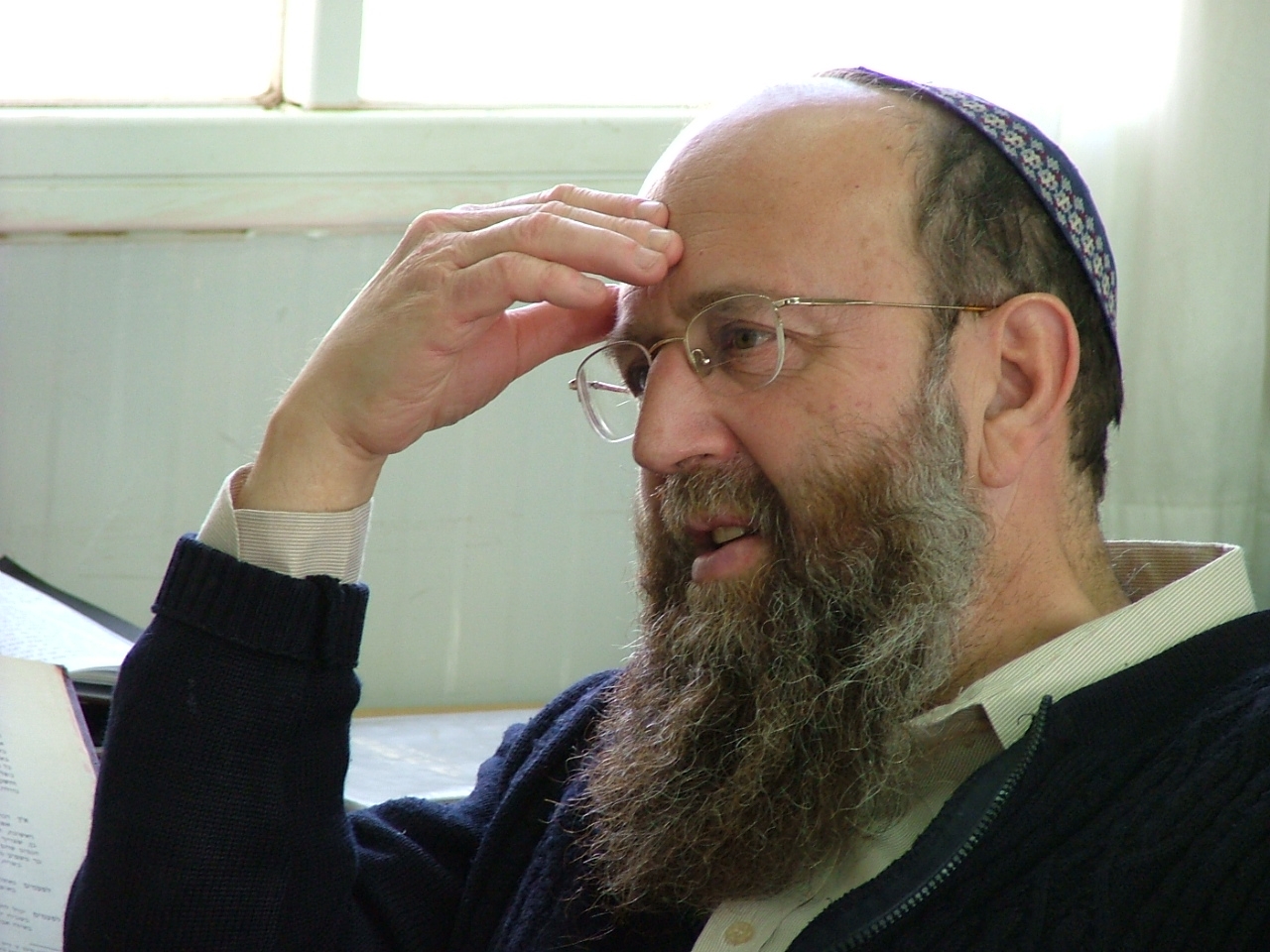
One of the main goals of these dialogues is to translate Rav Shagar’s writings into the language of the reader, to clarify and show the relevancy of these important ideas for our own lives.
Ari Ze’ev Schwartz
d
Whenever I recommend my students to read Rav Shagar’s writings – whether in the original Hebrew or in a translation – they almost always come back to me with the same reply: ‘It seemed really interesting, but I didn’t understand what he was trying to say.’ In other words, I have noticed how difficult it is for people to understand Rav Shagar’s revolutionary ideas. As a response to this, I decided to ask my good friend Levi Morrow (who is an expert and lover of Rav Shagar’s writings) to enter into a written dialogue with me about Rav Shagar’s ideas. For the last two years, Levi and I have published written dialogues on my Spiritual Society Facebook page, about many of Rav Shagar’s most important and relevant spiritual and philosophical writings. Two of these dialogues are now published here on Zerufim.
One of the main themes in Rav Shagar’s writings is the importance of translation. By translation, Rav Shagar does not simply mean the ability to take an idea from one language and put it in another language. Rather, translation is the ability to take an old text and communicate its ideas into a new language – with new symbols, metaphors, modern examples and cultural references. According to Rav Shagar, by translating an old idea into a new language, the idea not only becomes clarified, but it also becomes transformed into something relevant for the life of the reader. One of the main goals of these dialogues is to translate Rav Shagar’s writings into the language of the reader, to clarify and show the relevancy of these important ideas for our own lives.
The name of Rav Shagar’s Yeshiva was ‘Siach,’ which means conversation or dialogue. Franz Rosenzweig, one of Rav Shagar’s favorite philosophers, said that we must train ourselves to not simply speak about an idea in an abstract way, but rather, to speak to a specific person, in a concrete way. Rosenzweig believed, as did Rav Shagar, that when we enter into dialogue with someone, new ideas come to us. It is in the act of addressing a specific person, that one’s abstract and general ideas become transformed into something real, honest, and relevant.
It is my belief that the ideas written in these dialogues about Rav Shagar’s spiritual philosophy (soon to be published by Urim as a full book) could not have been produced in abstract thought or dry essay writing. Instead, it was through writing to Levi, in a real dialogue, back and forth, where these insights came into being. It is my hope and prayer that the reader will experience the power of ‘Siach,’ of dialogue, when going through these spiritual and philosophical dialogues.





